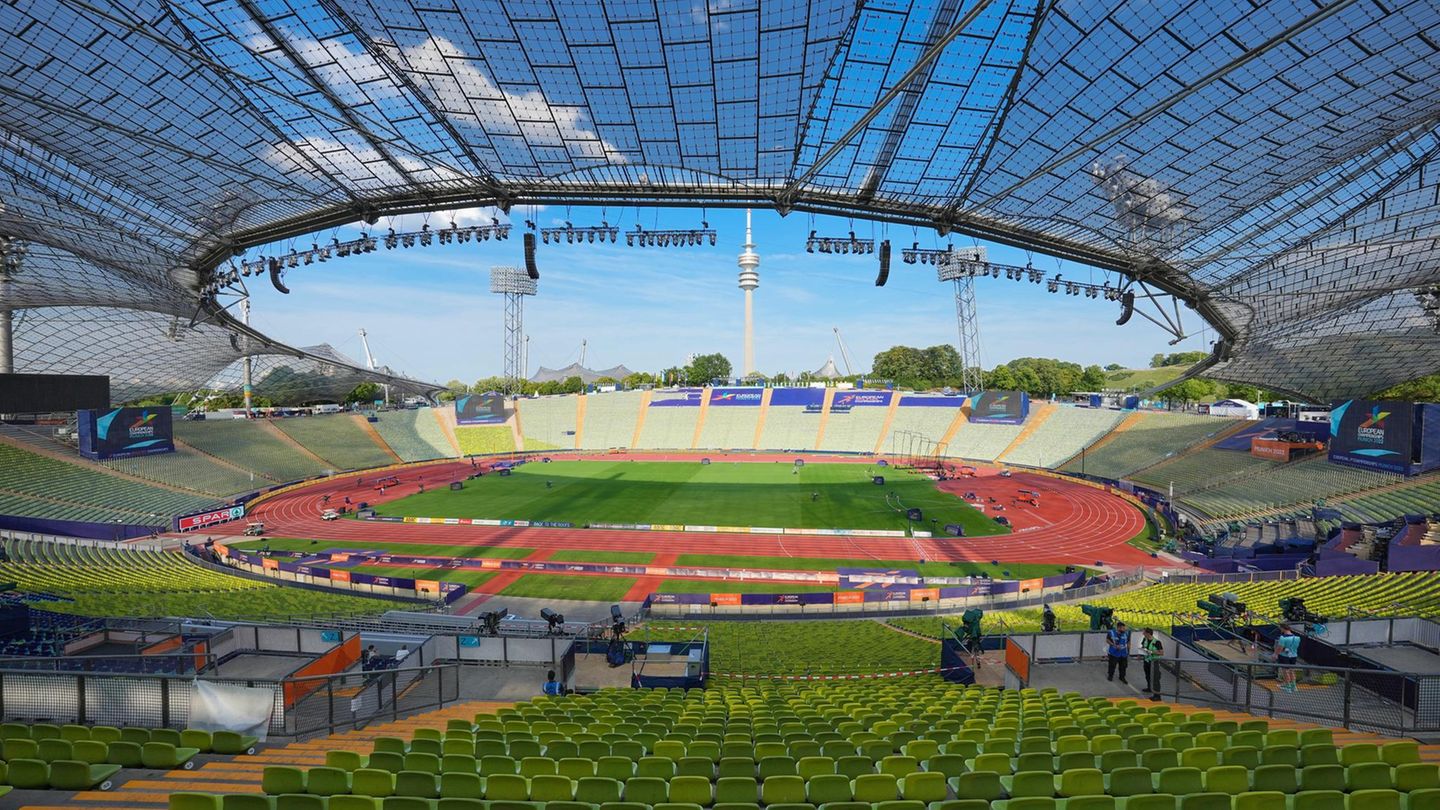Sharply rising prices for electricity, gas and raw materials are having a severe impact on companies: The listed fiber manufacturer Lenzing sees itself well positioned. “Due to our own energy production, the dependency is partly lower,” emphasized CEO Cord Prinzhorn on Thursday at the presentation of the balance sheet. At the Grimsby and Mobile locations, however, one is dependent on gas.
The most important raw material for the fiber manufacturer is the pulp: Because of the upstream production stages, there is an advantage, according to Prinzhorn. As reported, production at the new pulp mill in Brazil, in which 1.26 billion euros will be invested, will be ramped up in the first half of the year. They have also secured themselves with multiple suppliers: “The big challenge is the logistics, i.e. above all the fuel costs for transport.”
First and last balance as boss
Lenzing presented good figures after a difficult 2020 financial year: The company’s sales with 7,960 employees increased by 34 percent to 2.195 billion euros (2019: 2.105). According to CFO Thomas Obendrauf, half of the increase is due to higher volumes and half to price increases. The annual surplus was 127.7 million euros (2020: minus 10.6 million euros). The operating result (EBIT) increased from 34 to 200 million euros (2019: 162 million euros). After there was no dividend in 2019 and 2020, it should be EUR 4.35 per share this year, as reported.
Good demand and price trends in the textile and clothing industry are all part of the good development: the sustained price premium on wood-based special fibers also had a positive effect, said Prinzhorn.
For Prinzhorn, it was the first and last balance sheet presentation as CEO: As reported, he is moving to the top of the supervisory board and replacing Peter Edelmann. Stephan Sielaff, who was previously Chief Technology Officer, will become the new CEO on April 1. On top of that, the company is leaving after six years: “We regret that,” said Prinzhorn. He was “pleased” with the internal occupation of his successor.
They were also satisfied with the development of the plant in Thailand, the second major project after Brazil: It was opened last week and 100,000 tons of lyocell fibers are to be produced there annually. Lyocell is a high-quality fiber made from wood. Lenzing markets these under the name Tencel. According to Lenzing, the lyocell market is currently growing in the double-digit percentage range per year. (prel)
Source: Nachrichten




